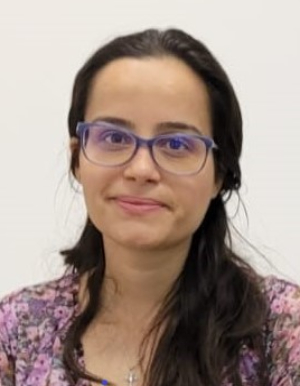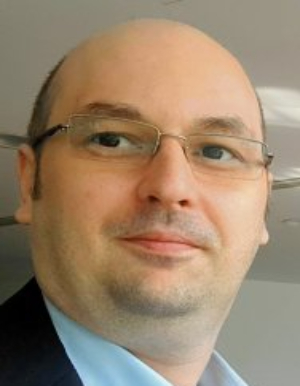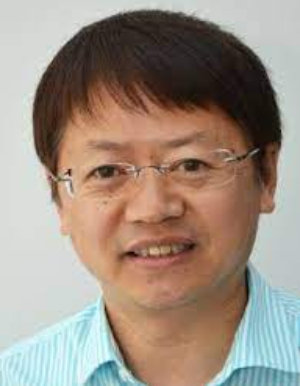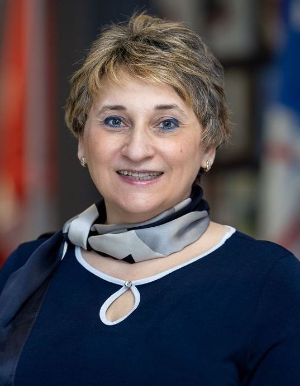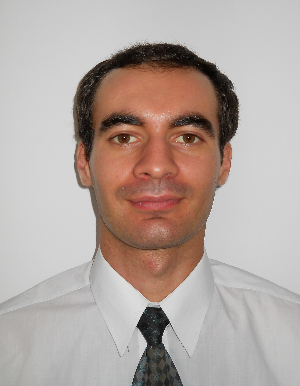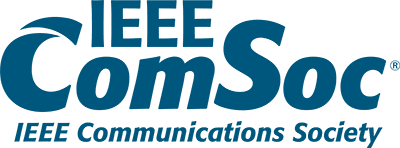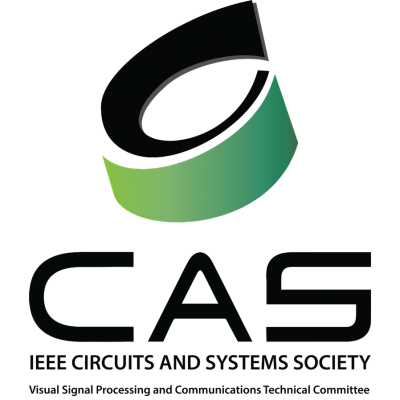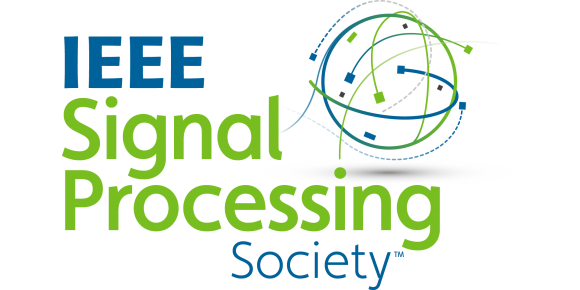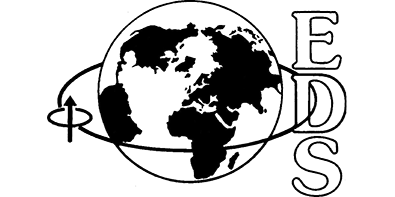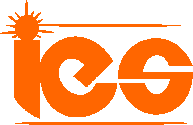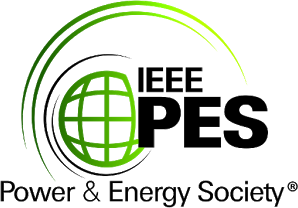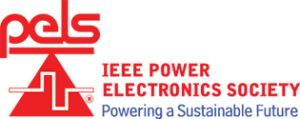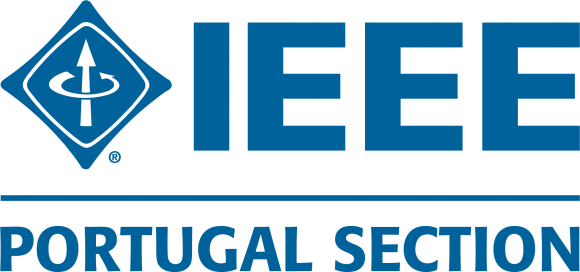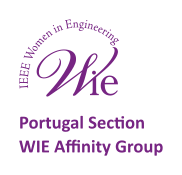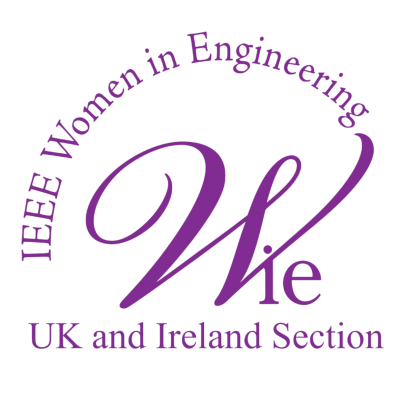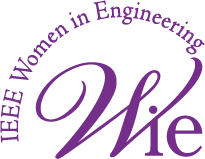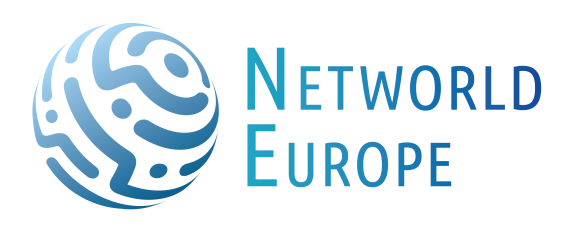LPWAN and 5G/6G-enabled Artificial Intelligence of Things applications for Internet of Ships and Maritime Internet of Things
Track ID: Spes-09
Description
Sea transportation services as location tracking, trajectory optimisation and cargo monitoring improve with the sensing, communication and Cloud technologies brought by the Internet-of-Things (IoT) era. Maritime IoT (MIoT) and Internet-of-Ships enable more challenging applications, such as ship intelligent remote maintenance and management, safety-and-rescue tasks, shore-and-sea environmental monitoring, automatic docking and berthing, illegal fishing activity detection, etc. Unmanned aerial / surface vehicles (UAV / USV) assist on-demand maritime heterogeneous networks involving different communication technologies and topologies, as required by the complex, challenging sea environment. For non-critical maritime applications, low-throughput, long-range technologies (NB-IoT, LoRa/LoRaWAN) are exploited, whereas 5G/6G technologies are suitable for high-throughput, low-latency use cases, with edge computing moving data processing closer to the network. Artificial Intelligence (AI) algorithms do not only redefine wireless communications but also shape the novel concept of AI-of-Things (AIoT) adopting AI techniques on all layers of the IoT architecture; however, in the literature, no work related to maritime applications built upon AIoT paradigm was identified so far. Thus, in MIoT, significant advances to embed intelligence into the devices, applications, communication technologies and architectures are necessary. The novelty of the proposal consists in the application of AI techniques not only to the network layer of the MIoT architecture, as currently proposed, but on all layers. Such initiatives trigger new maritime processes and services and ensue emergent Maritime AIoT (MAIoT) architectures. There is a lot of room to improve knowledge, the testbeds and the experimental results on MIoT domain, especially from the point of view of the devices, applications, communication technologies and AI algorithms used. Therefore, the special session is aimed at inviting contributions on the useful symbiosis between Artificial Intelligence (AI), IoT and LPWAN/5G/6G technologies in the MAIoT architectures and applications
The following objectives (O) of the special session proposal arise:
- O1. To increase awareness of the peculiarities of the maritime environment and to provide useful insights to adapt the Internet of Things technologies to the identified specificities.
- O2. To identify new maritime-related datasets and algorithms that can lead to the improvement of the MIoT applications.
- O3. To emphasize the utilization and the evaluation of the two complementary communication technologies - LPWAN and 5G/6G – in real deployments and/or simulations.
- O4. To provide useful methods of MIoT testbeds evaluation.
- O5. To bring forward real MIoT implementations built upon state-of-the-art hardware devices.
The following technical innovations (TI) are encouraged:
- TI1. Implementations of AI techniques on all MIoT layers (from TinyML/Embedded ML to Large Scale Data Mining).
- TI2. LPWAN-5G/6G symbiosis for at the shore and offshore maritime systems.
- TI3. Novel MAIoT architectures and testbeds.
- TI4. New datasets, algorithms and implementations of MAIoT.
- TI5. New optimization frameworks for LPWAN and 5G/6G communications following the requirements of the maritime environment.
- TI6. New interfaces and protocols for transmission scheduling in LPWAN-based MIoT.
- TI7. New AI-based MEC implementations for high resource computation tasks offloading in maritime applications.
The special session will cover the following topics (TO):
- TO1. Maritime Internet of Things and Internet of Ships: deployments and testbeds.
- TO2. ML/AI techniques, unimodal and multimodal datasets and implementations for maritime applications.
- TO3. MIoT communication technologies: from LPWAN (NB-IoT, LTE-CAT M1, LoRa/LoRaWAN/ SigFox) to 5G/6G.
- TO4. Maritime Artificial Intelligence of Things architectures and implementations.
Paper Submission Deadline
Important Dates:
- Deadline for Paper Submissions: July 30th, 2023
- Acceptance Notification: September 8th, 2023
- Deadline for Camera-Ready Paper Submissions: September 29th, 2023
- Deadline for Presentation Submissions: October 2nd, 2023
Papers should be six (6) pages in length and follow the instruction provided for the main Conference. The conference allows up to two additional pages for a maximum length of eight (8) pages with payment of extra page charges once the paper has been accepted.
Please submit your paper for this Special Session using the link to eWorks:
Call For Papers:
If you have any questions, please contact Dr. Ana Maria Drăgulinescu: ana.dragulinescu@upb.ro
Chairs
Ana Maria Drăgulinescu: Politehnica University of Bucharest
Ana-Maria Drăgulinescu received her B. Eng. in Telecommunication Systems and Technologies (2014) and her M. Eng in Multimedia Technologies in Content Production for Audiovisual Domain and Communications (2016) from the Faculty of Electronics, Telecommunications and Information Technology, University Politehnica of Bucharest (UPB). She received the PhD degree after defending her thesis focused on developing and enhancing sensors and IoT systems based on LPWAN technologies (2022) and currently she is a tenured lecturer. She won several awards: Special Prize Eliza Leonida Zamfirescu, UPB-Honeywell Techallenge 2019 contest; Best Challenge Implementation, “IoT meets AI” 2019 hackaton, awarded by TU Munich, Siemens, IMT Atlantique et al., Industrial Excellence Award at WPMC2022 conference and served as TPC member of IEEE conferences such as BlackSeaCom2022-2023, COMM2020-2022 and WPMC. She was involved in more than 15 national and international projects and published more than 40 papers and a national patent. Her main research interests are sensor systems and wireless sensors networks, IoT and AIoT, drones-based on-demand networks, and LPWAN communication technologies.
Bogdan Ionescu: Politehnica UNiversity of Bucharest
Bogdan Ionescu coordinates the AI Multimedia Lab at University Politehnica of Bucharest (UPB), CAMPUS research center, and the Video Processing Group at LAPI-UPB. He holds a double PhD in image/video processing from UPB and University of Savoie, France. He is currently a tenured Professor with ETTI-UPB and courtesy faculty member of University of Savoie. His research interests cover multimedia information retrieval, image/video content processing and analysis and human-computer interaction. He has authored over 150 scientific publications. He serves as: reviewer for several journals (SPIE JEI, IS&T JIST, IEEE TPAMI, IEEE TIP, IEEE TM, IEEE TCSVT, IEEE SPL, IEEE TAC, IET CV, MTAP, ACM CS); lead editor for a Springer ACVPR book; lead guest editor for a special issue with Elsevier Image and Vision Computing and with Multimedia Tools and Applications; technical programme committee (EUSIPCO, CBMI, ACM MM & workshops, ECCV workshops, EUVIP, SIGIR workshops, IPTA, PCM, ACM ICMR, KSE, ICDM, ISM, IEEE ICME & workshops); conference committee chair for EUSIPCO, CBMI (publication co-chair), ACM Multimedia (proceedings co-chair), IEEE ICIP (local co-chair), general chair for CBMI 2016 and ACM ICMR 2017, as well as lead organizer/co-organizer for several benchmarking campaigns: MediaEval Retrieving Diverse Social Images; lead organizer for ImageCLEF 2017-2023. He contributed to over 21 Romanian/EU funded research and strategic programmes, as principal investigator or as part of the research team. He is senior member of IEEE and member of SPIE, ACM, EURASIP and GDR-ISIS and technical program expert for the Horizon 2020 Programme.
Frank Yong Li: University of Agder
Frank Y. Li received the Ph.D. degree from the Department of Telematics (now the Department of Information Security and Communication Technology), Norwegian University of Science and Technology (NTNU), Trondheim, Norway, in 2003. He was a Senior Researcher with the UniK-University Graduate Center (now the Department of Technology Systems), University of Oslo, Norway, before joining the Department of Information and Communication Technology, University of Agder (UiA), Norway, in August 2007, as an Associate Professor and then a Full Professor. From August 2017 to July 2018, he was a Visiting Professor with the Department of Electrical and Computer Engineering, Rice University, Houston, TX, USA. During the past few years, he has been an active participant in multiple Norwegian and EU research projects. His research interests include MAC mechanisms and routing protocols in 5G and beyond mobile systems and wireless networks, the Internet of Things, mesh and ad-hoc networks, wireless sensor networks, D2D communications, cooperative communications, cognitive radio networks, green wireless communications, dependability and reliability in wireless networks, QoS, resource management, traffic engineering in wired and wireless IP-based networks, and the analysis, simulation, and performance evaluation of communication protocols and networks. He was listed as a Lead Scientist by the European Commission DG RTD Unit A.03—Evaluation and Monitoring of Program in November 2007.
Octavia Dobre: Memorial University
Octavia A. Dobre is a full professor at Memorial University, Canada. Previously, she was with New Jersey Institute of Technology, USA, and Politehnica University of Bucharest, Romania. Dr. Dobre was a visiting professor with Massachusetts Institute of Technology, USA, and Université de Bretagne Occidentale, France. She was a Royal Society Scholar and a Fulbright Scholar. Dr. Dobre is a Fellow of the Engineering Institute of Canada, a Fellow of the Canadian Academy of Engineering, and a Fellow of the IEEE. She is an elected member of the European Academy of Sciences and Arts. Her research interests include technologies for B5G wireless networks, signal identification, as well as underwater and optical communications. She published over 400 journal and conference papers in these areas. She received several Best Paper Awards at conferences, such as the IEEE Globecom, IEEE ICC and IEEE WCNC. Dr. Dobre is the director of journals in the IEEE Communications Society (ComSoc), and was the inaugural Editor-in-Chief (EiC) of the IEEE Open Journal of the Communications Society and the EiC of the IEEE Communications Letters. She has served as a Senior Editor/Editor/Guest Editor for numerous prestigious journals. Dr. Dobre is the recipient of the IEEE ComSoc Joseph LoCicero Award for Exemplary Service to Publications. Dr. Dobre was a member-at-large (MaL) of the Board of Governors of the IEEE Communications Society. She has been the General Chair, Tutorial Chair, Technical Committee Chair or Technical Symposium Chair at various flagship conferences
Marius Vochin: Politehnica University of Bucharest
Marius Vochin is an Associate Professor at Faculty of Electronics, Telecommunications and Information Technology (FETTI) – University POLITEHNICA of Bucharest (UPB). He holds a PhD degree in Electronics and Telecommunications, “Virtualization methods for Future Internet” in ETTI – UPB, 2014 at ETTI – UPB. He was project leader of 5 research projects and a team member of 10 European and 9 national funded research projects. He served as a reviewer of several international research projects open calls. He was a scientific reviewer of significant journals and conferences in his area of research and he is the author of 10 books, several courses, laboratory guides, and over 76 scientific papers published. He obtained 6 best paper awards and prizes at scientifical events.



